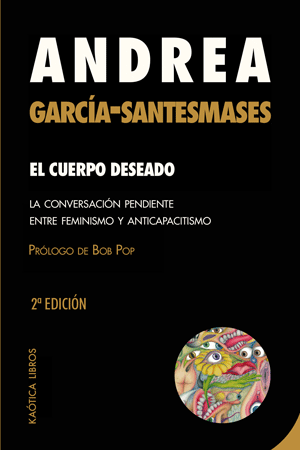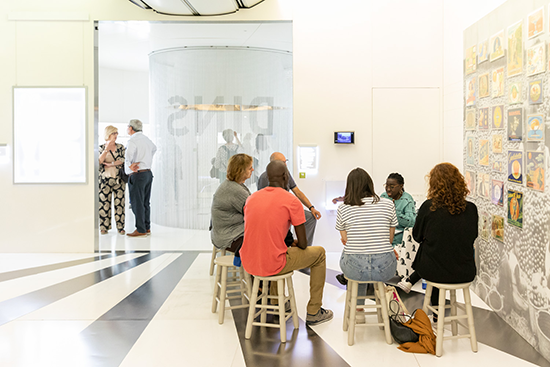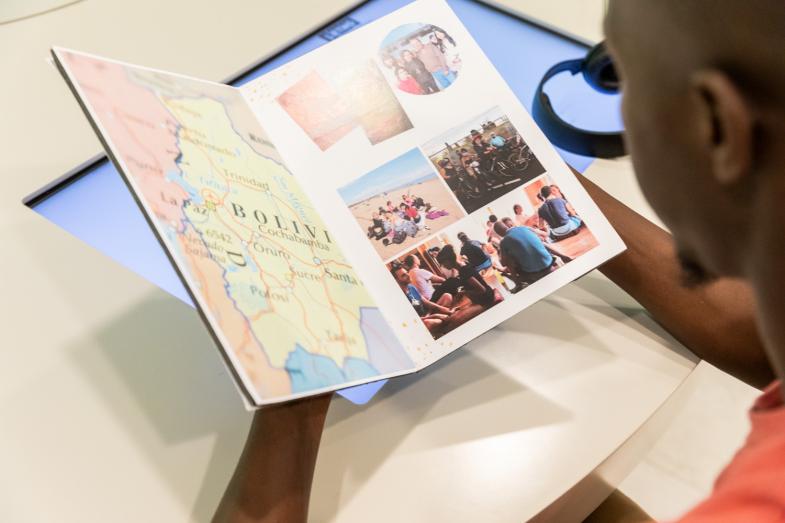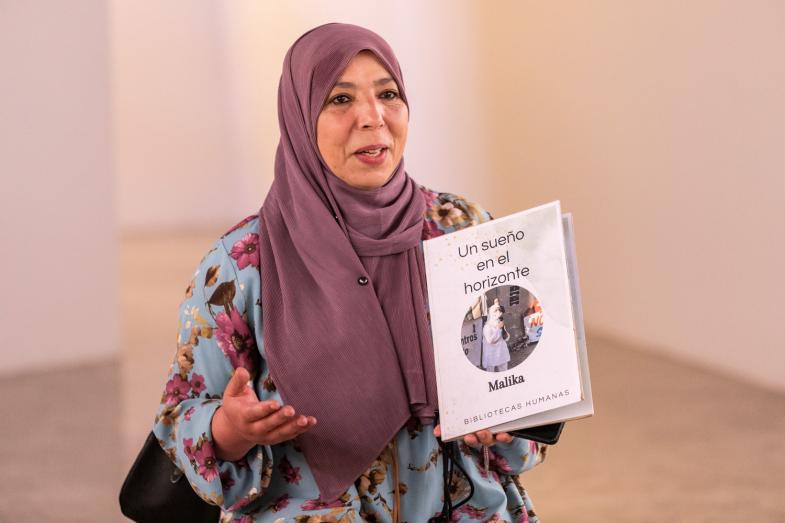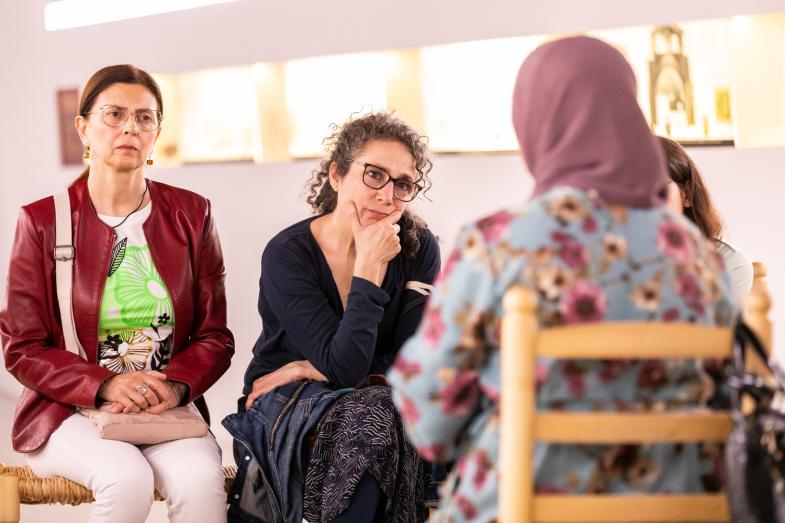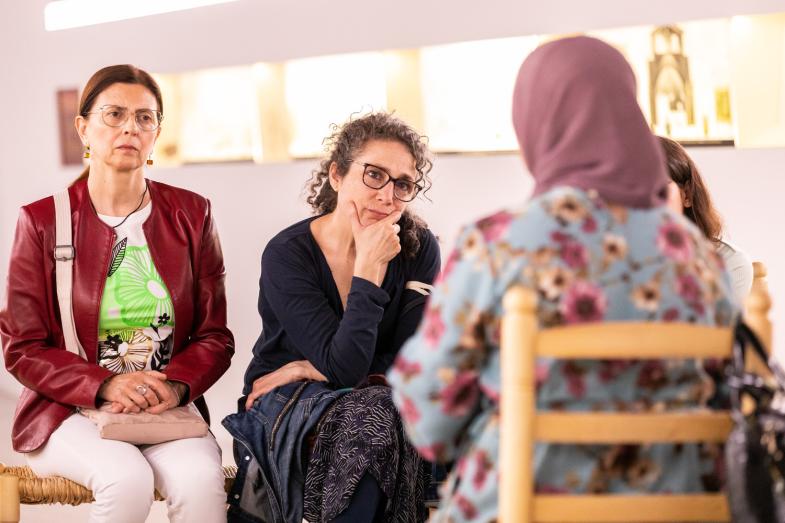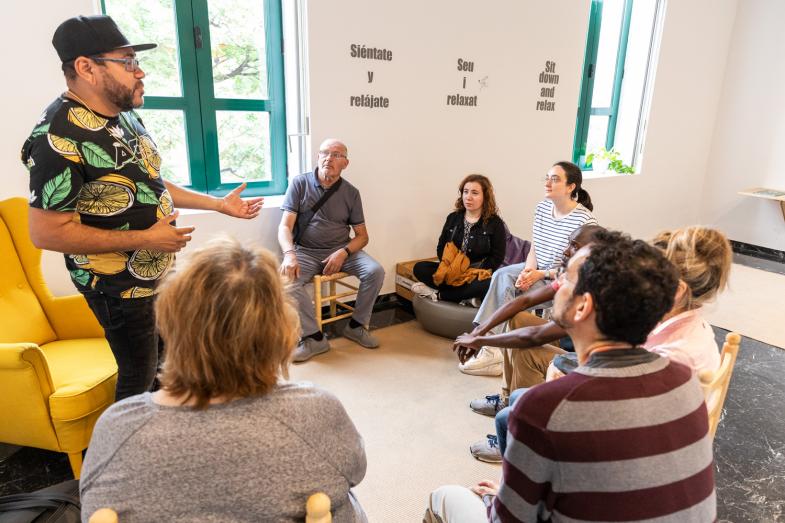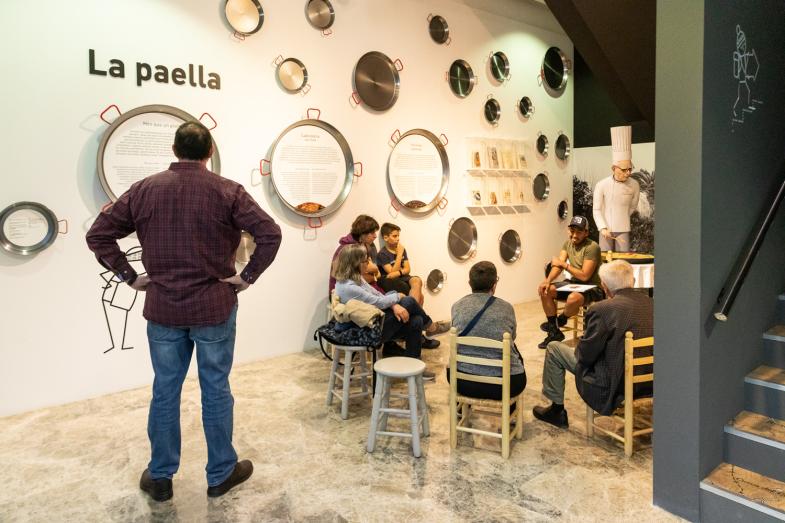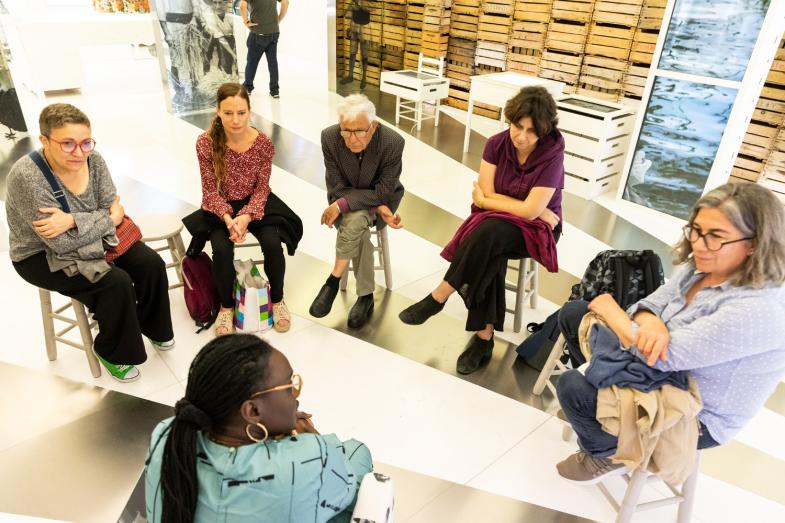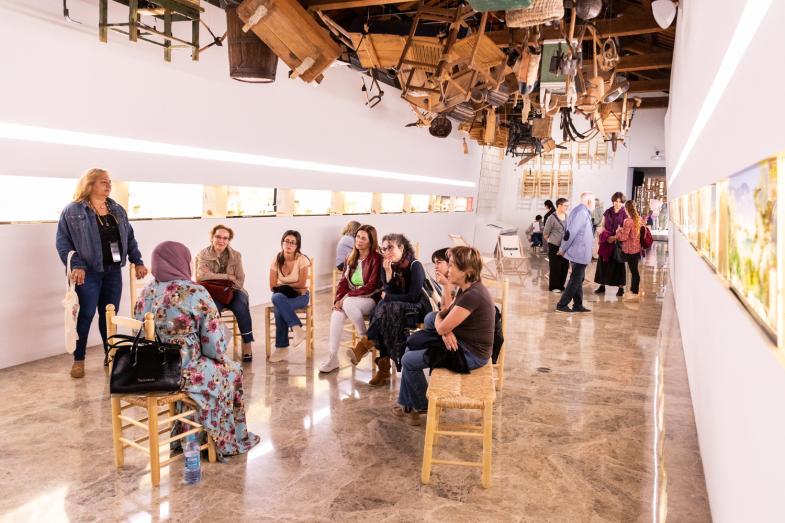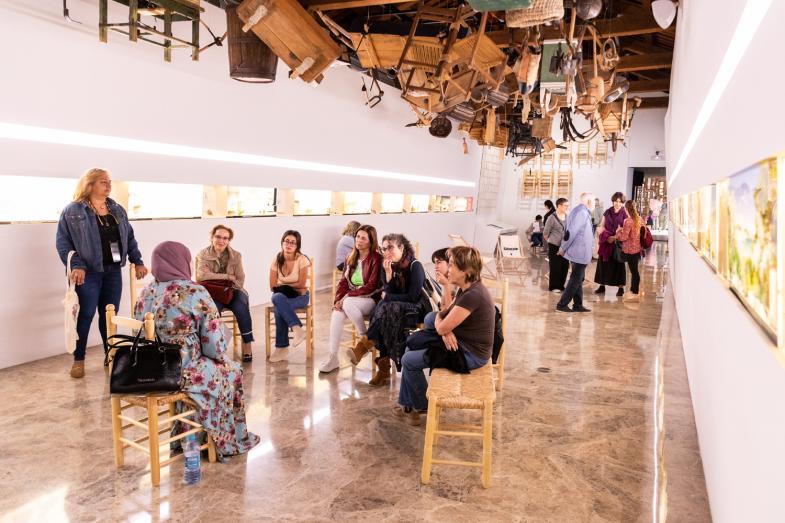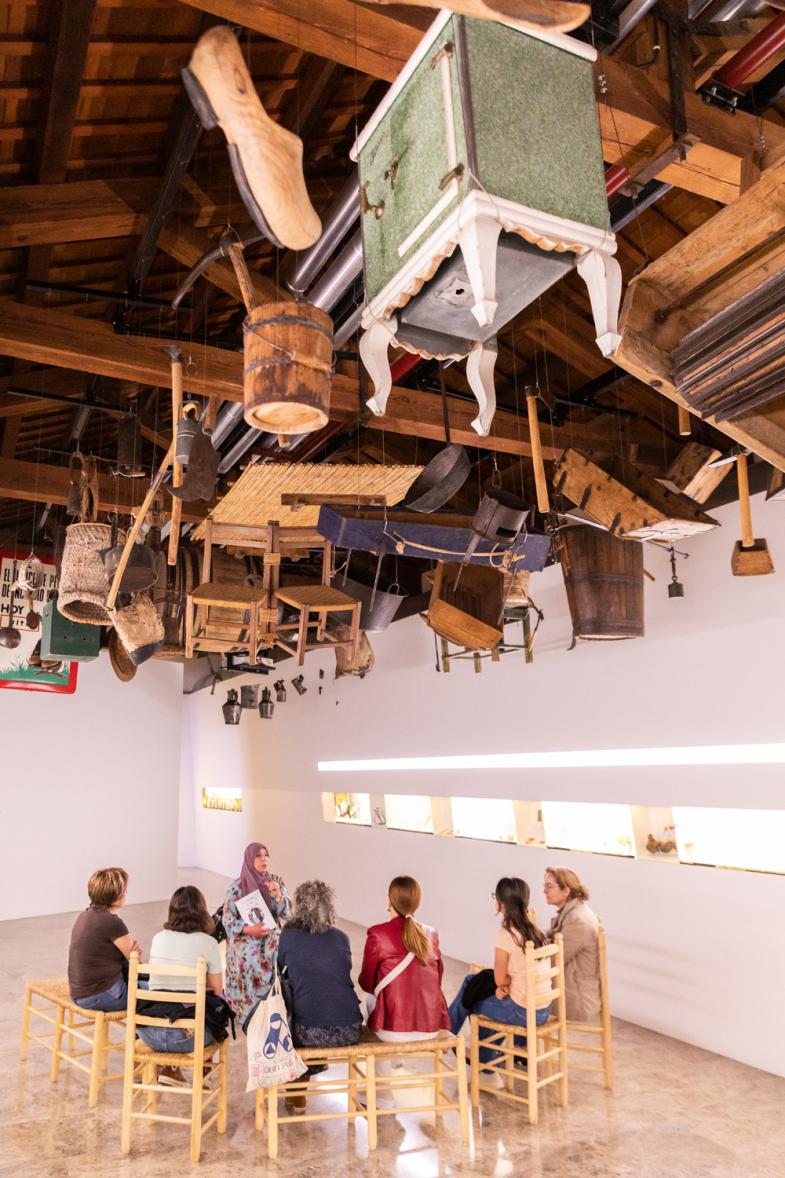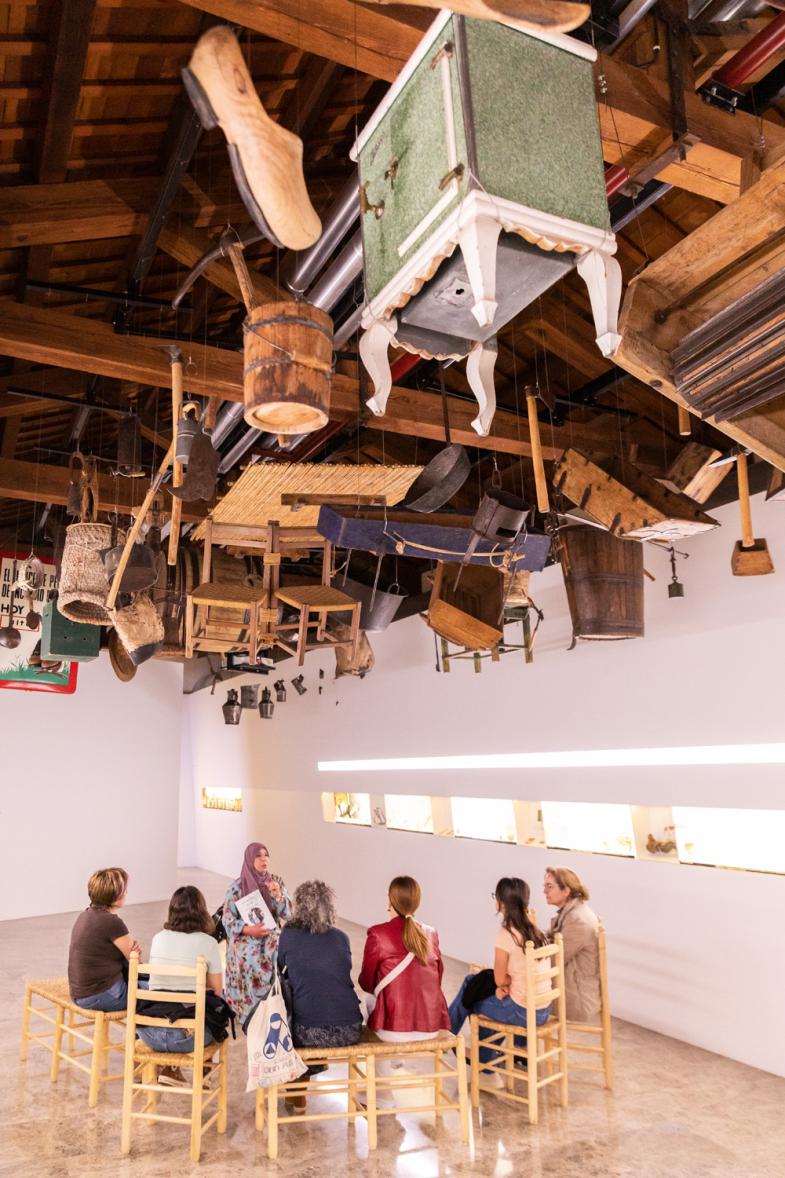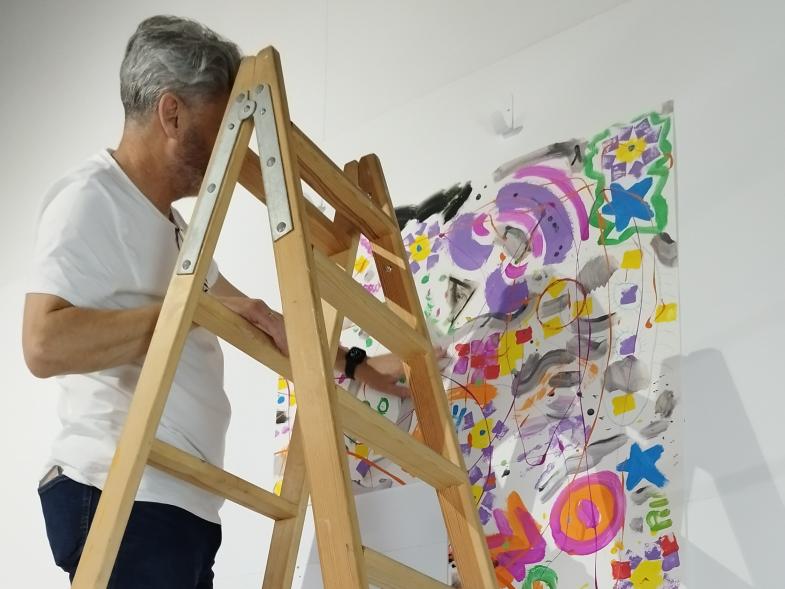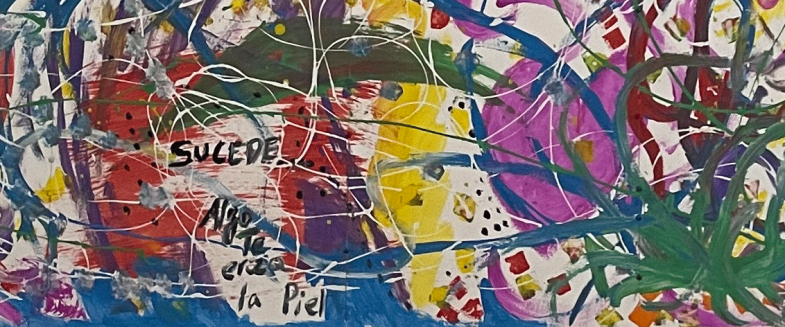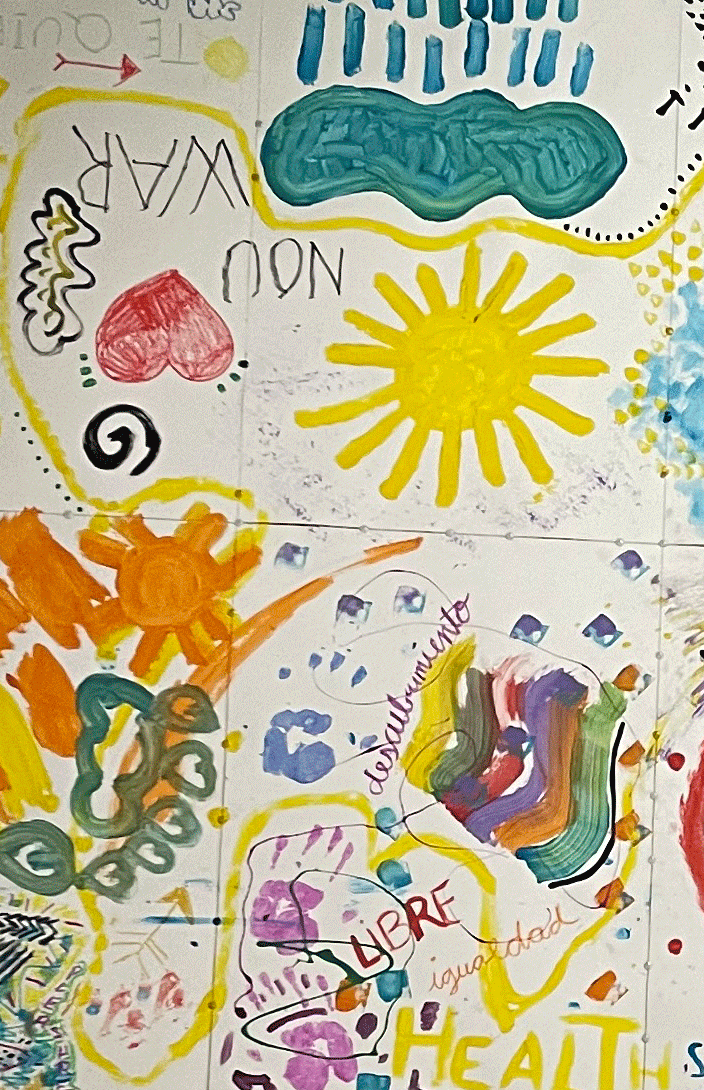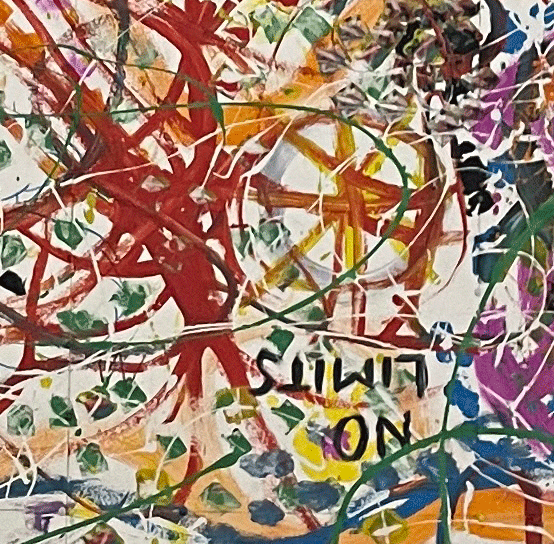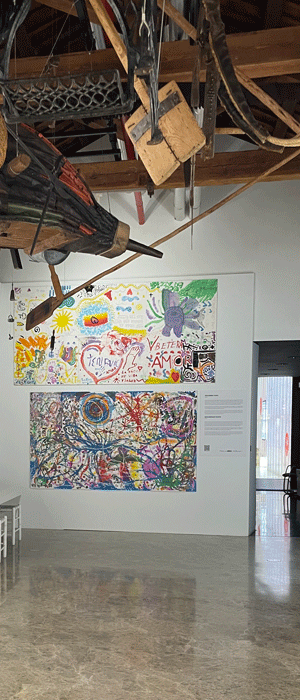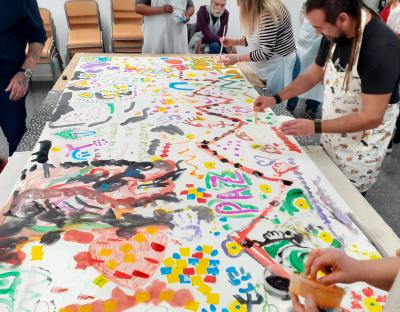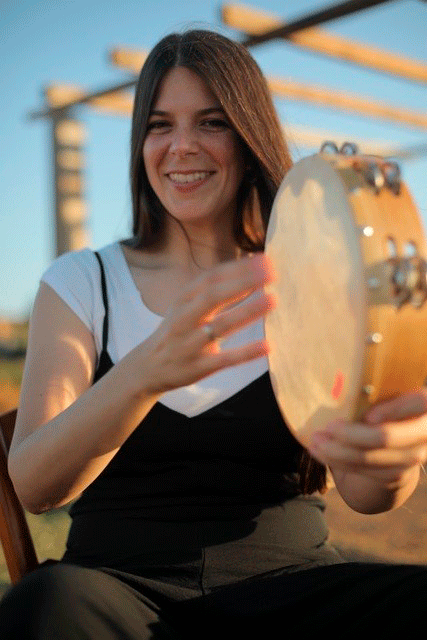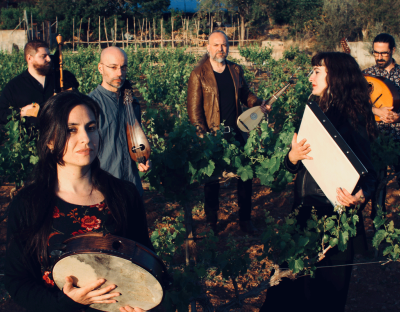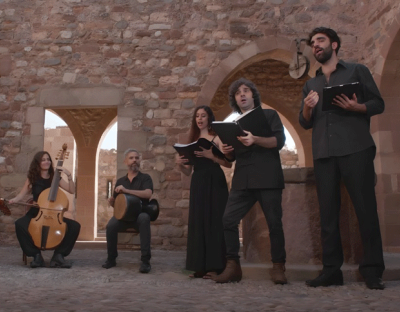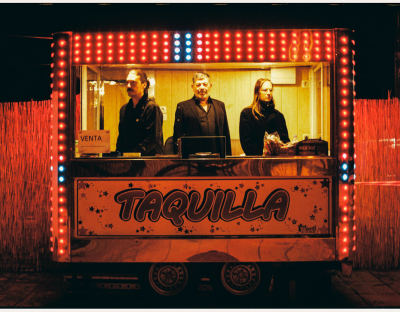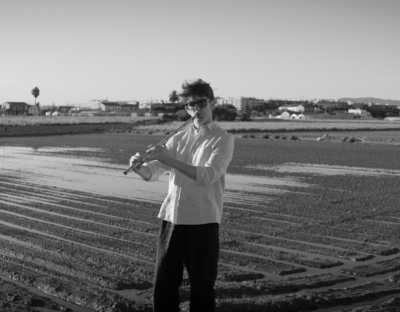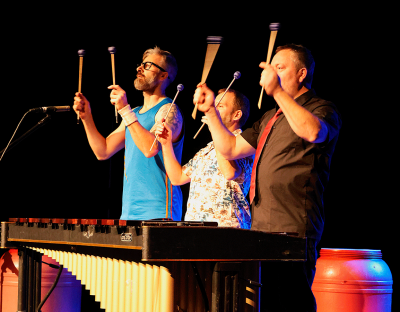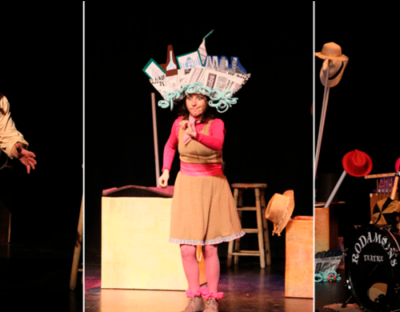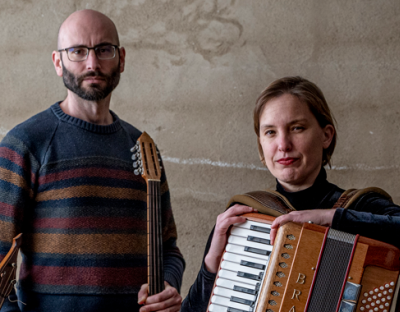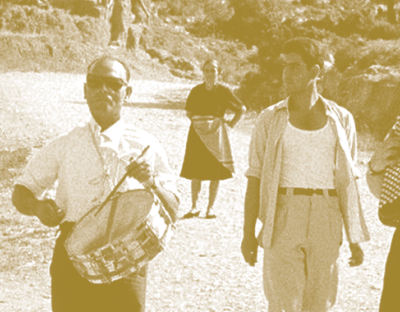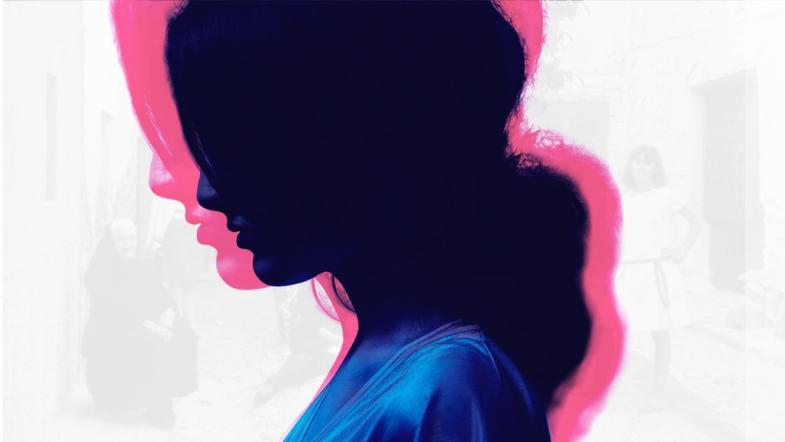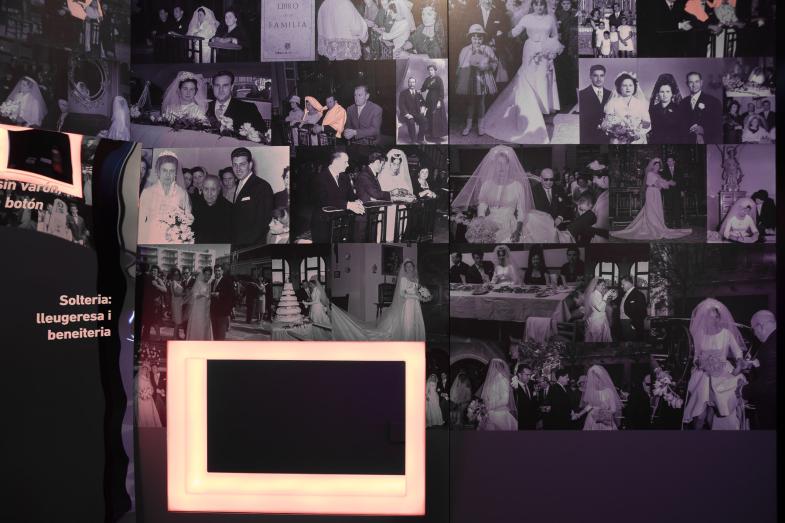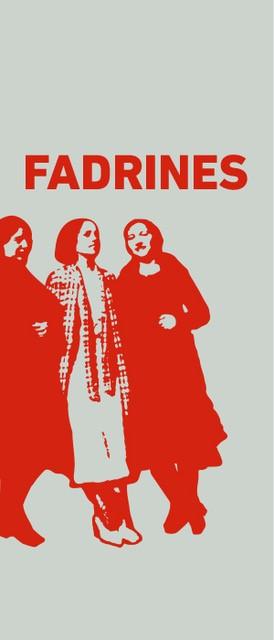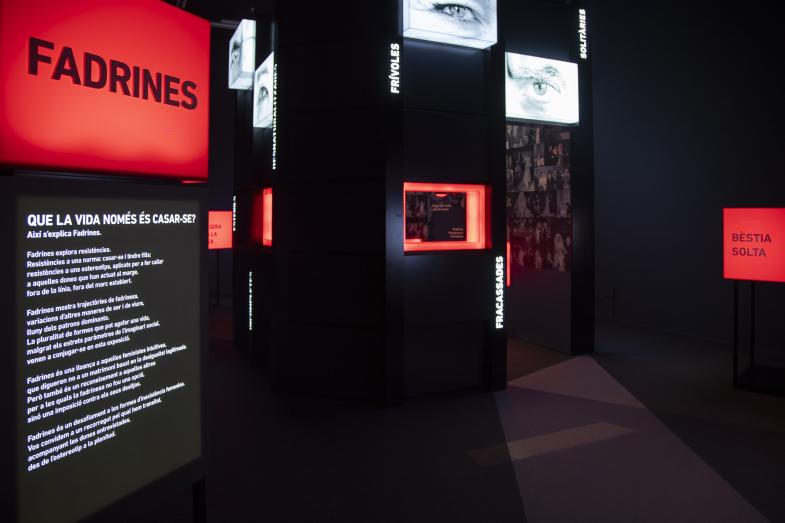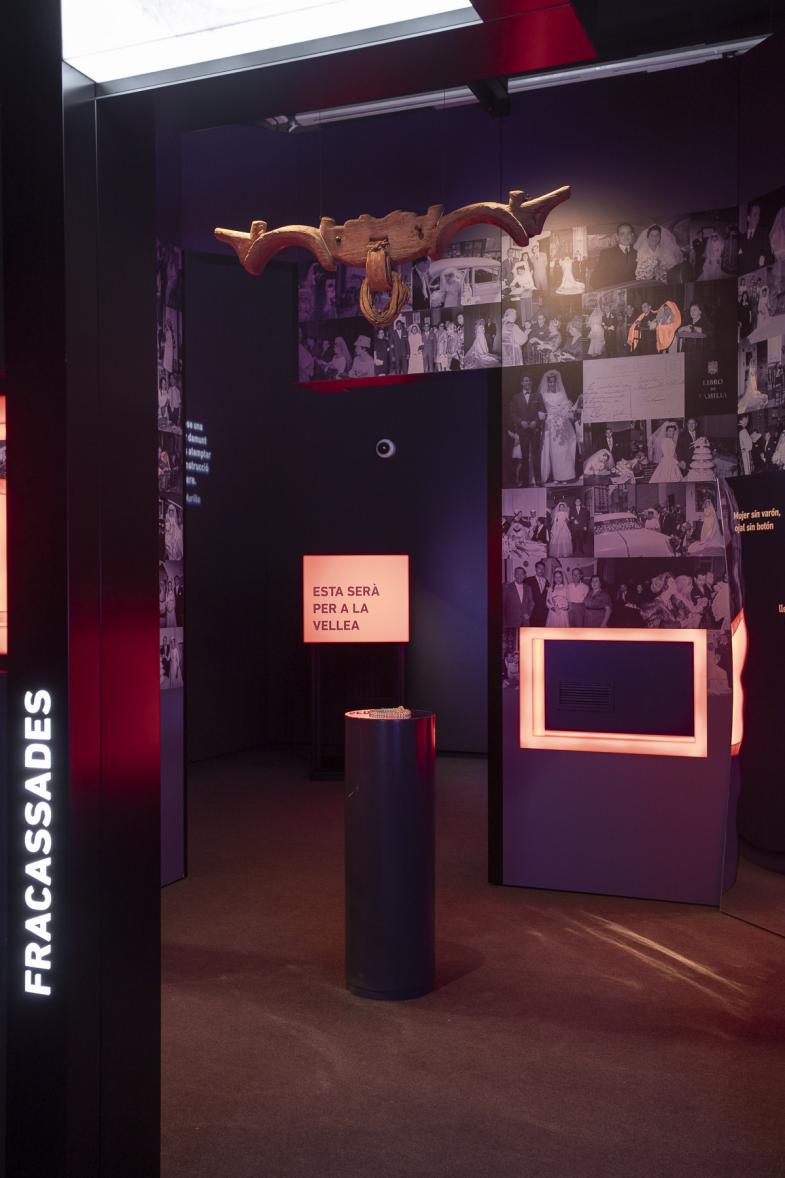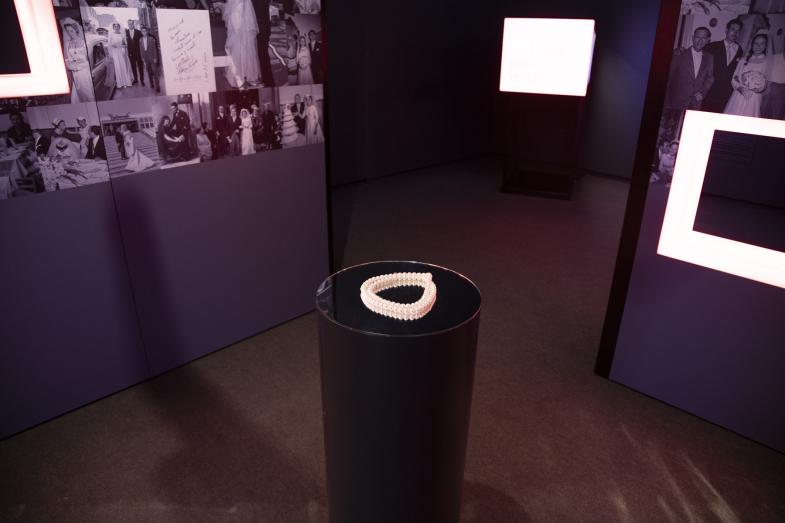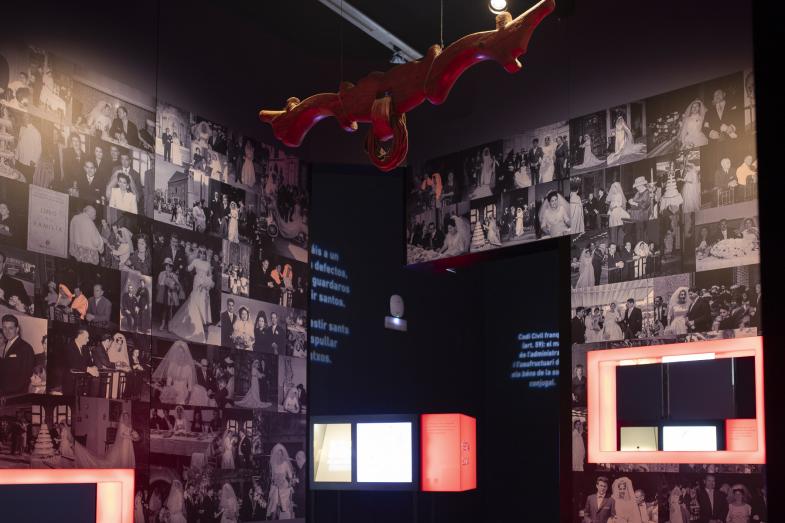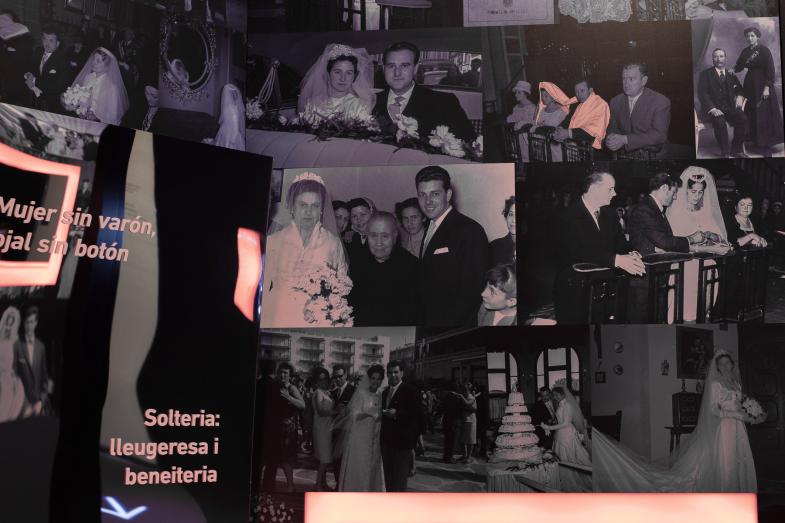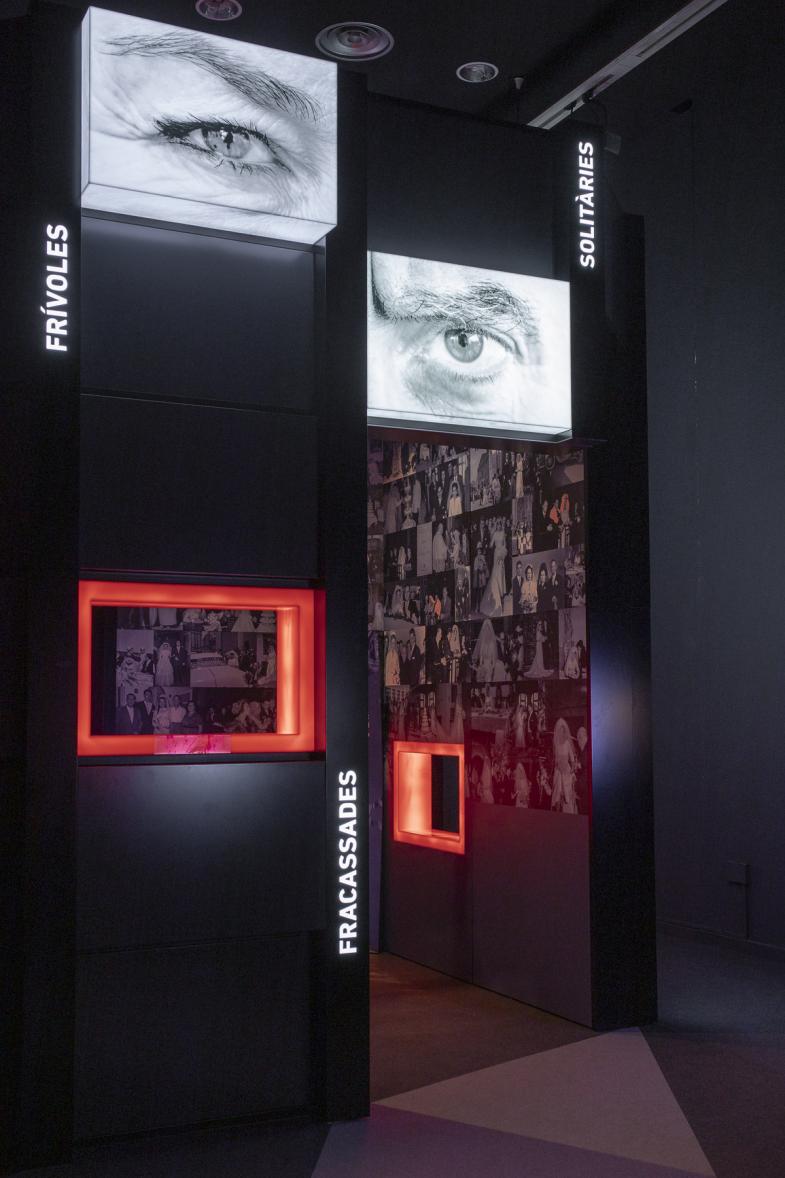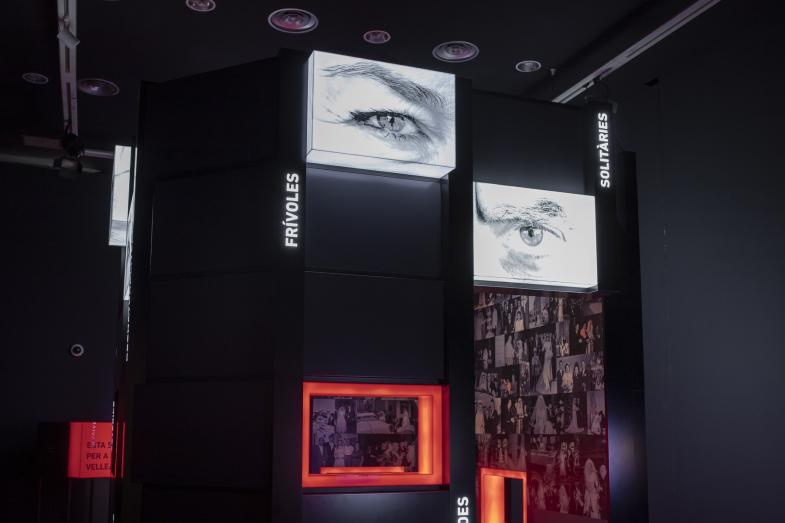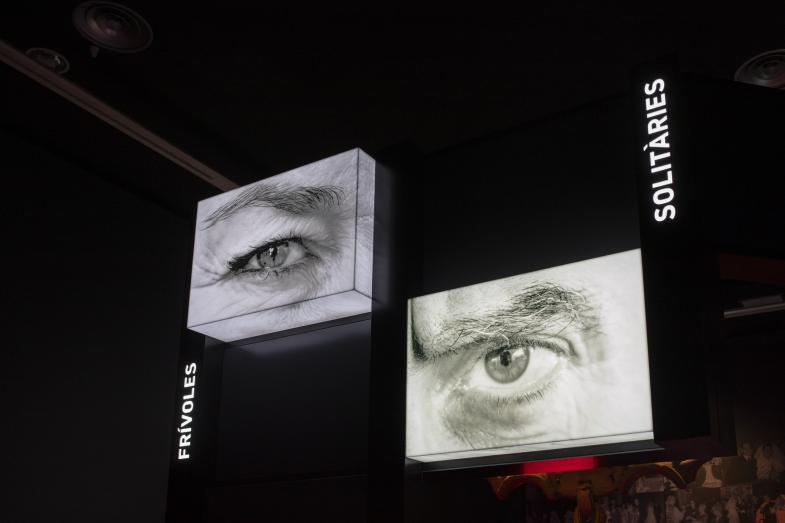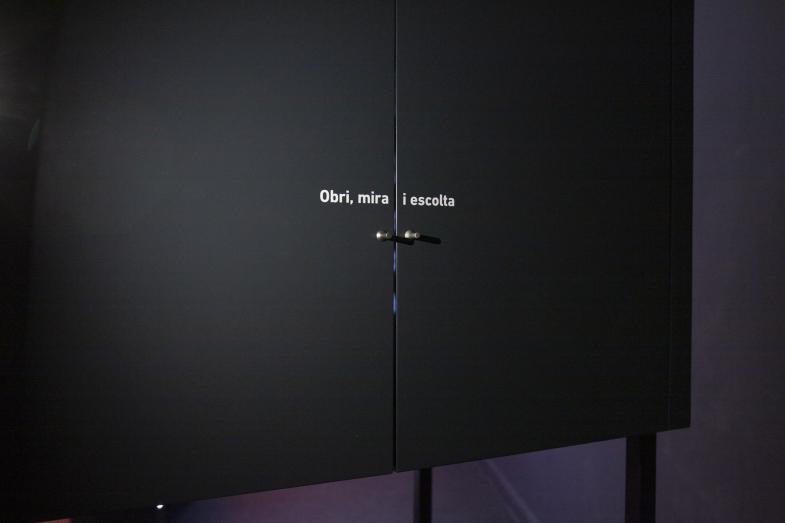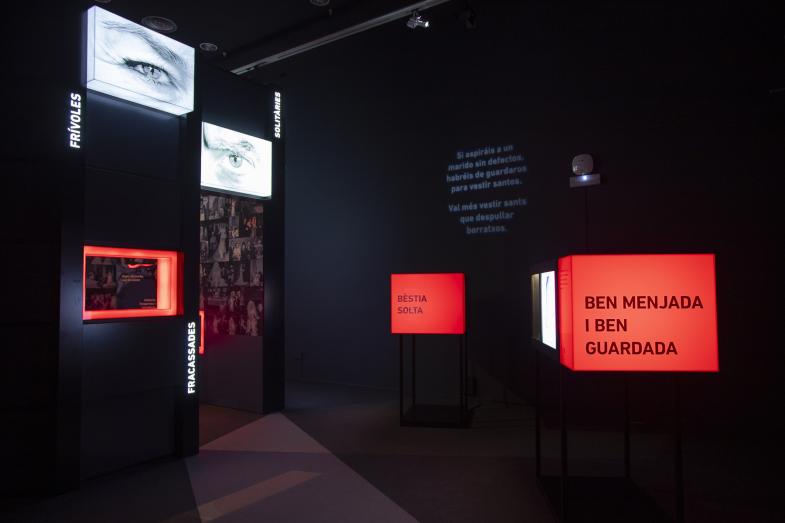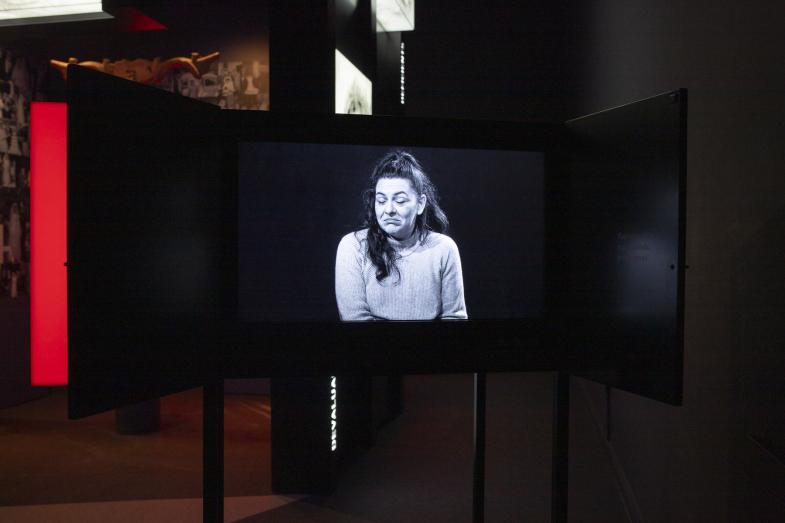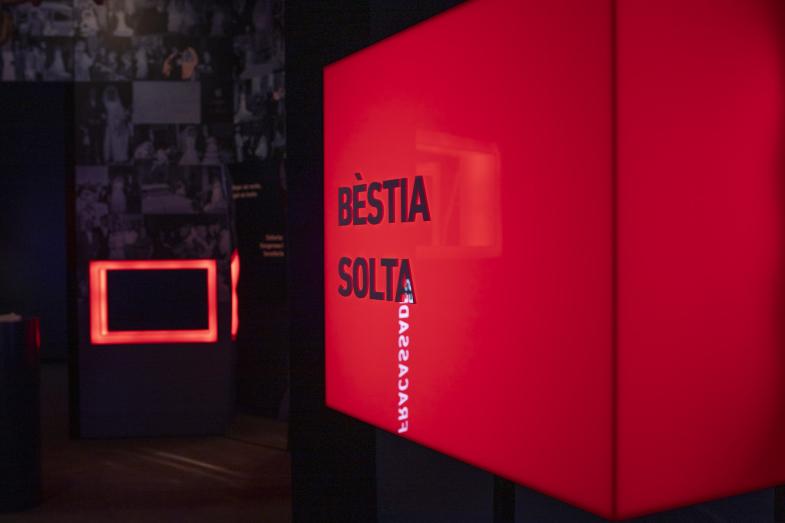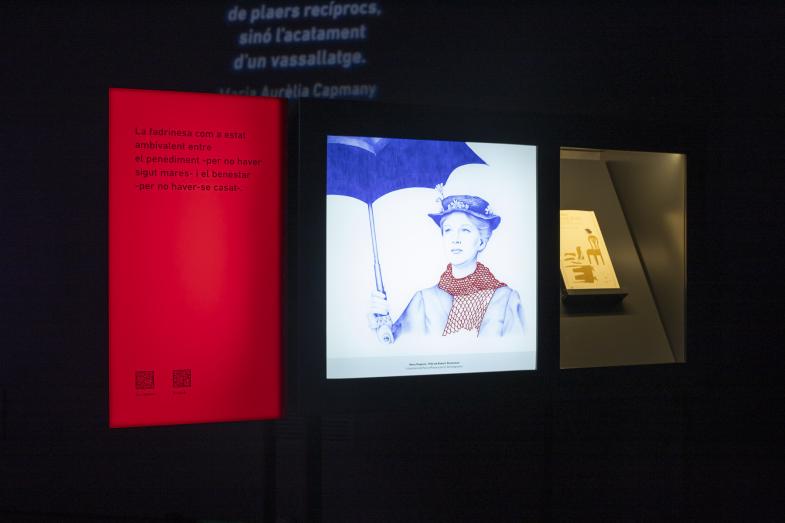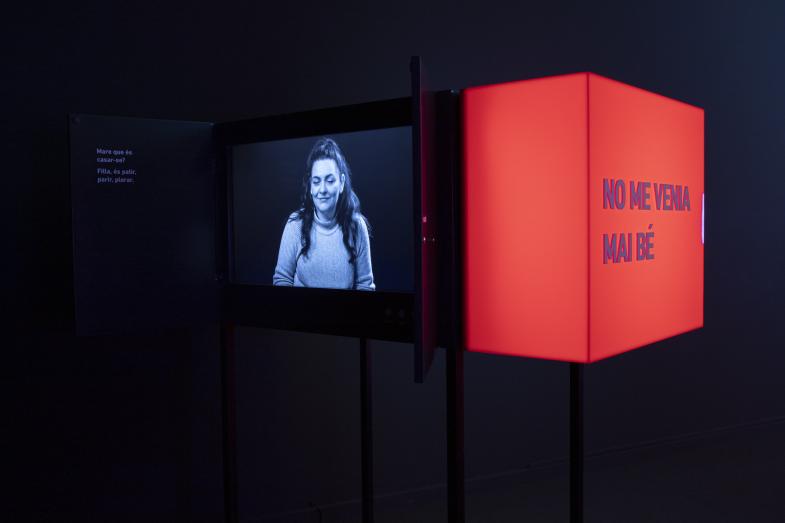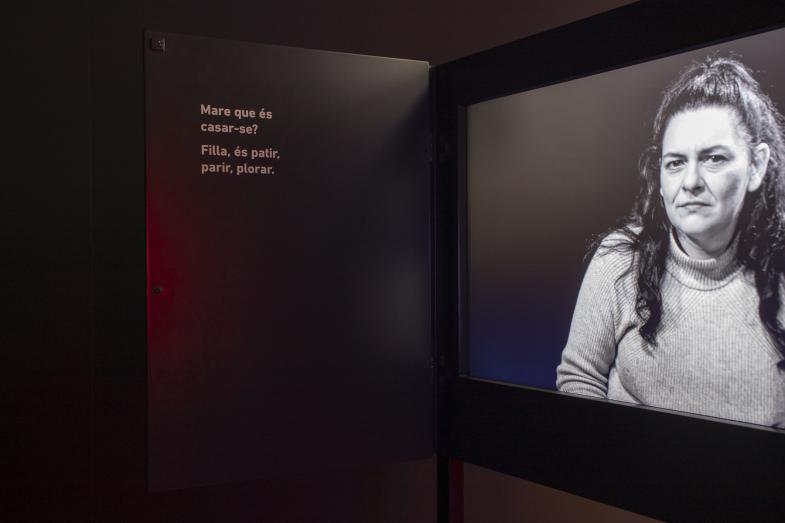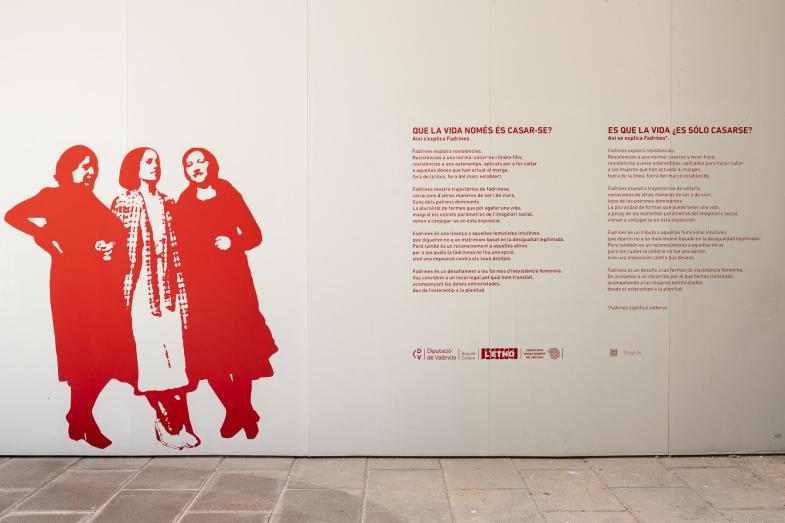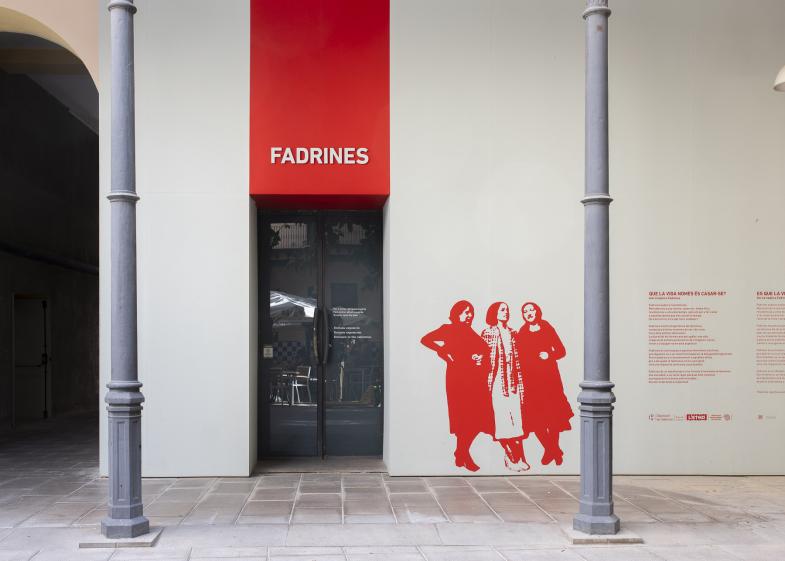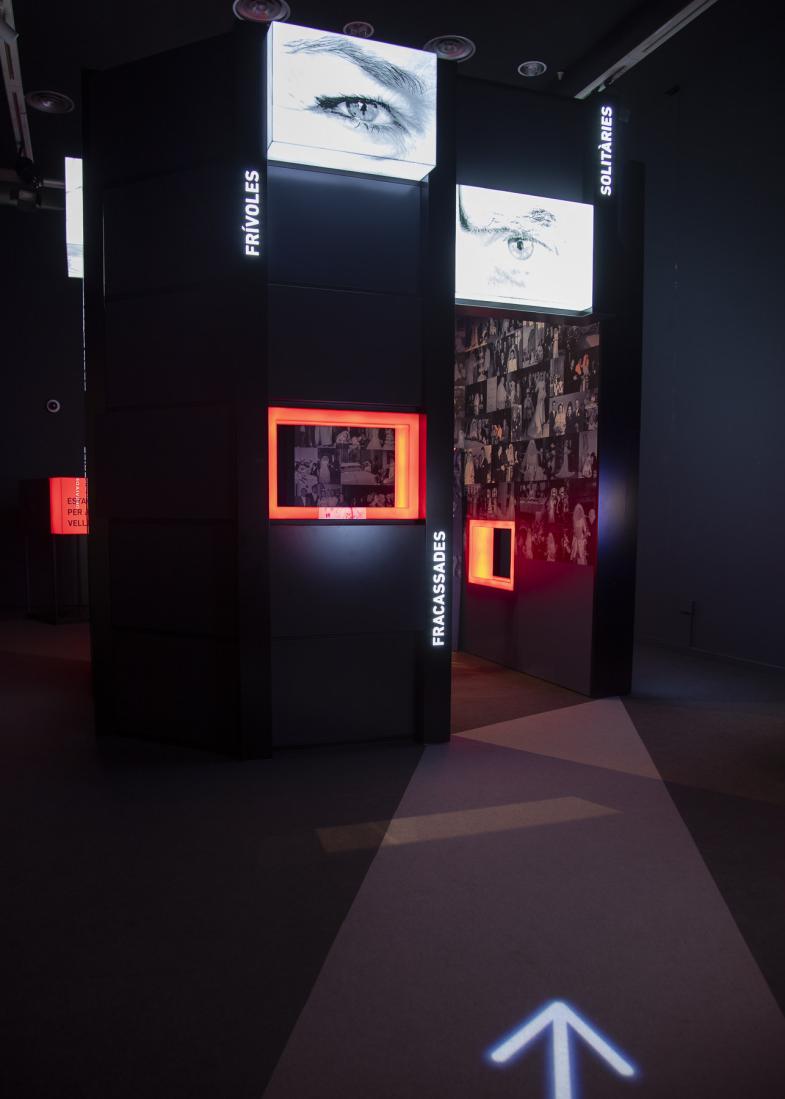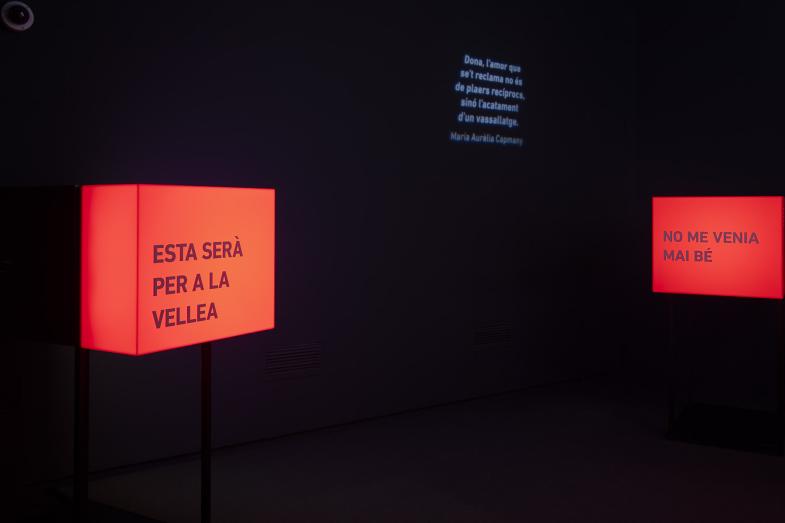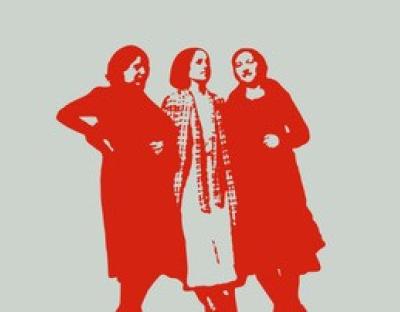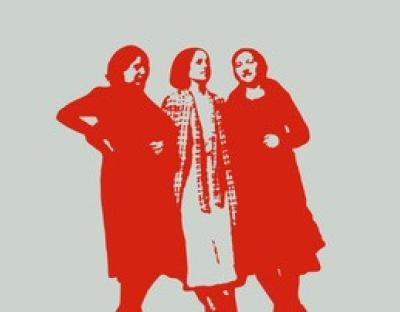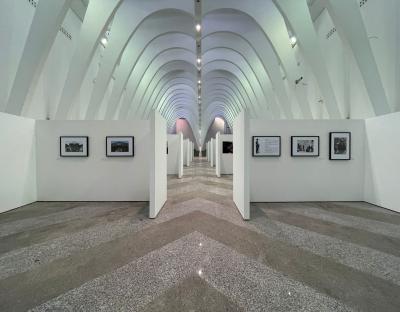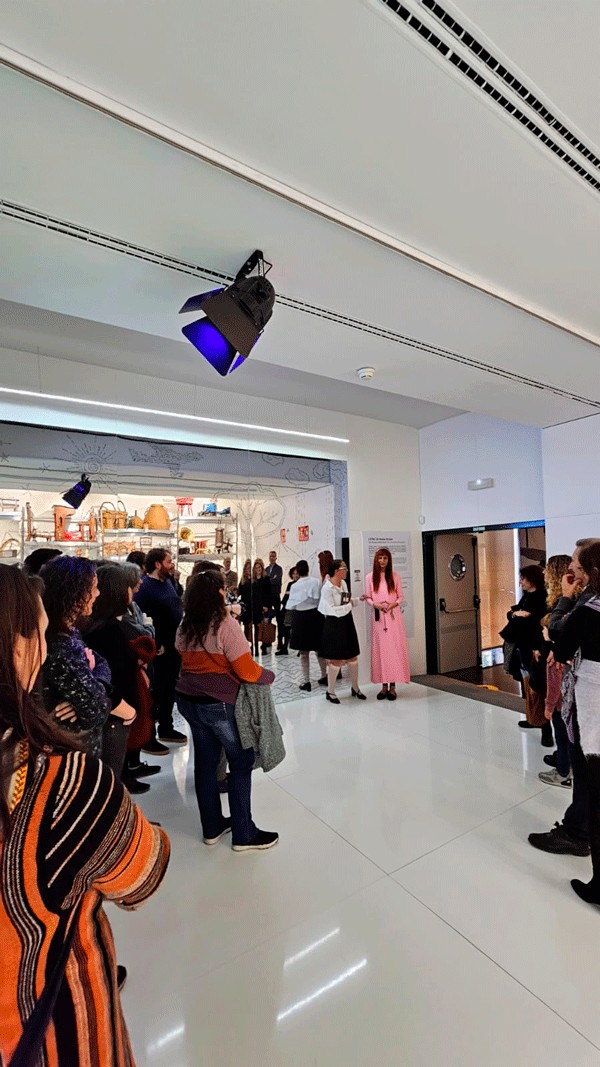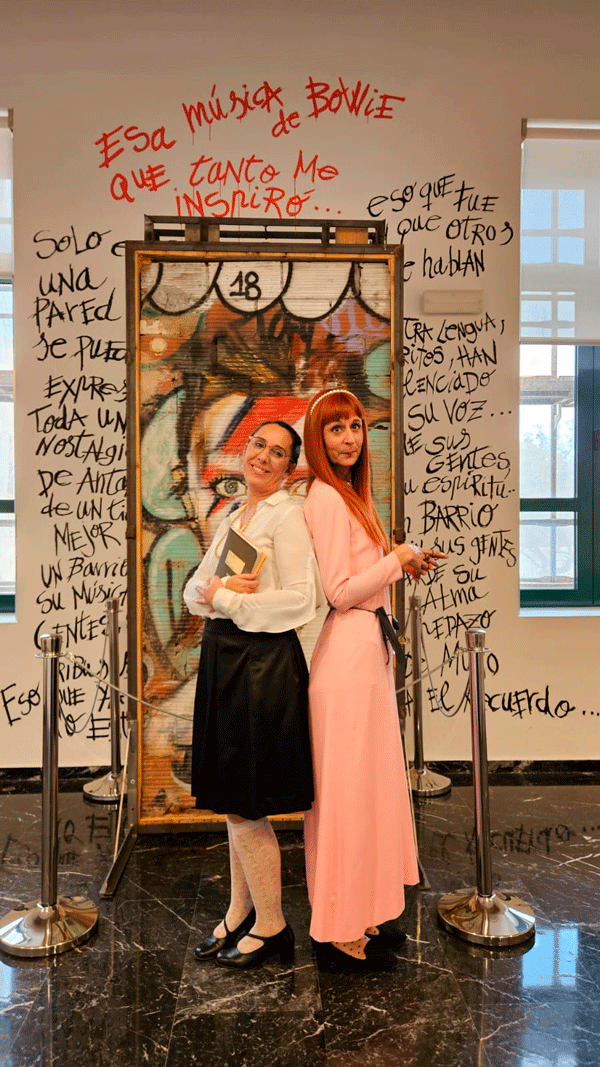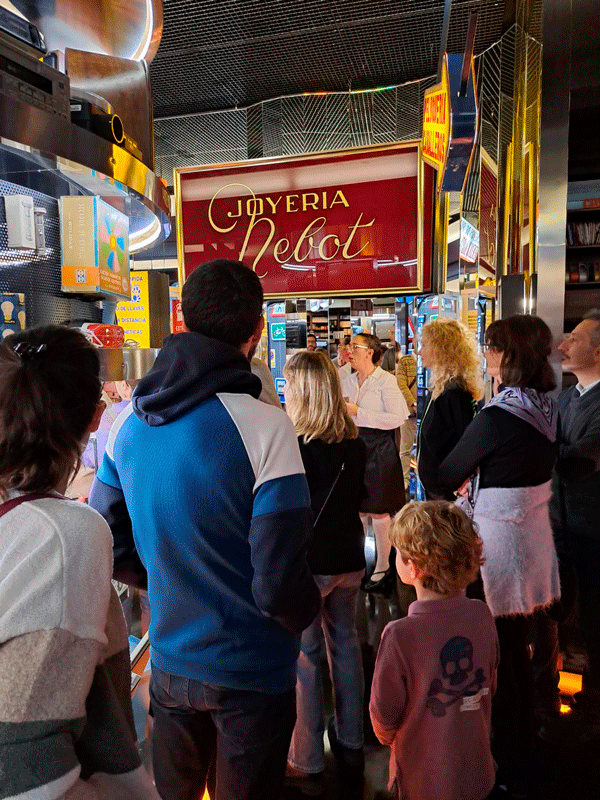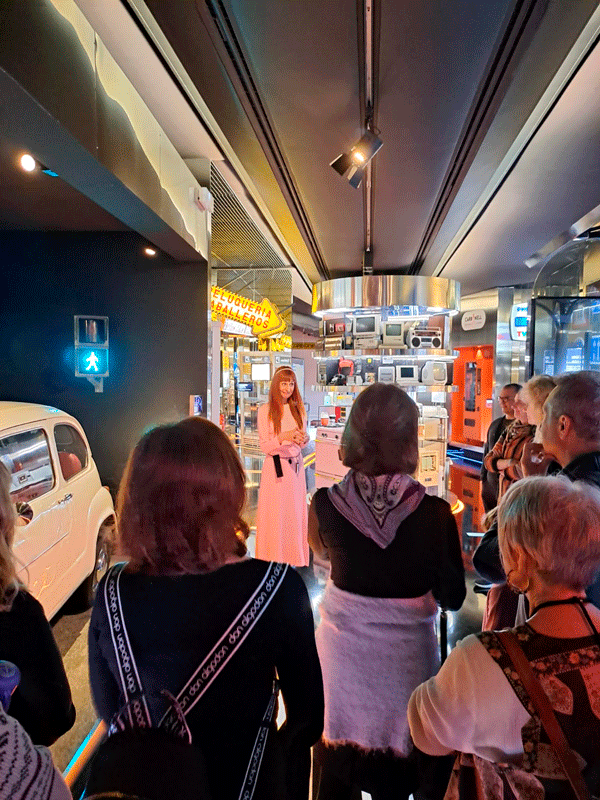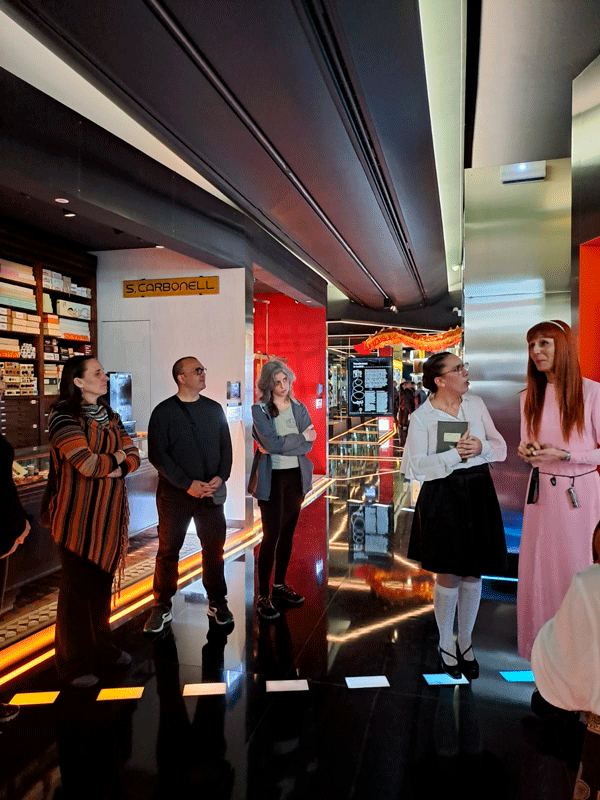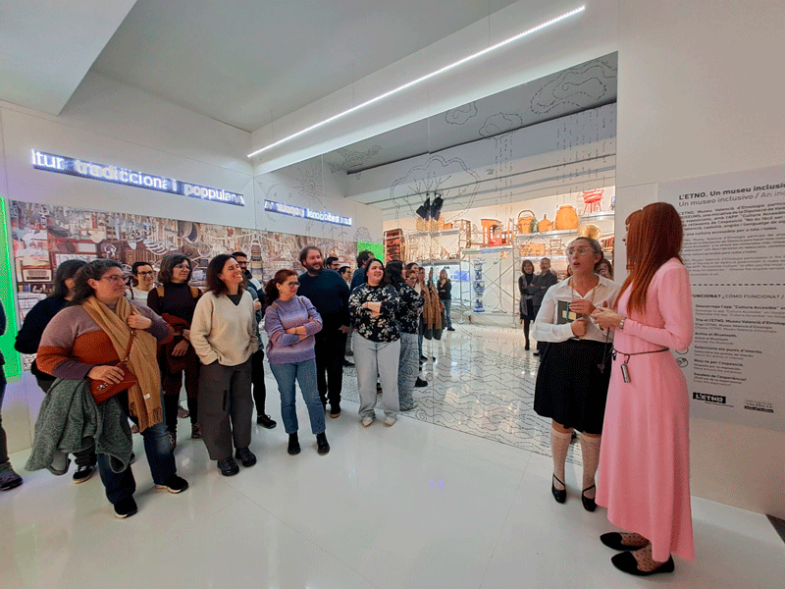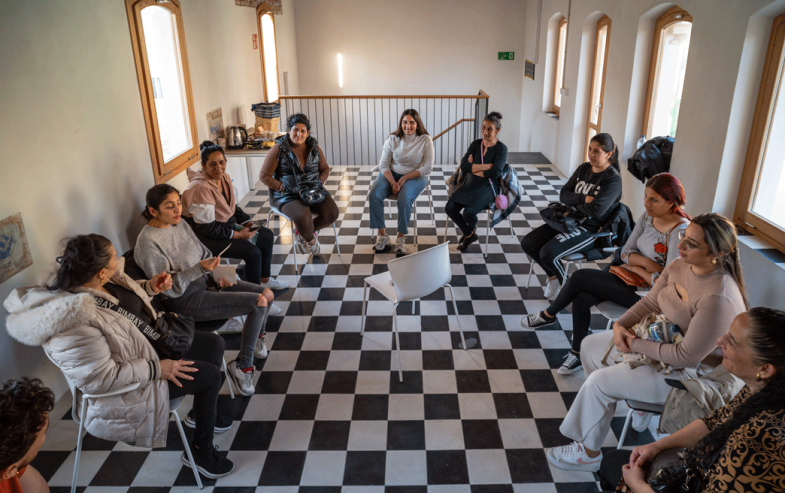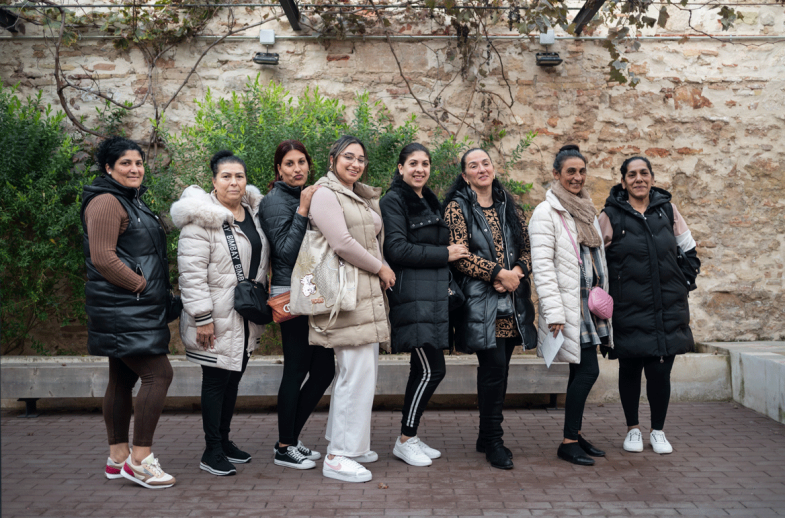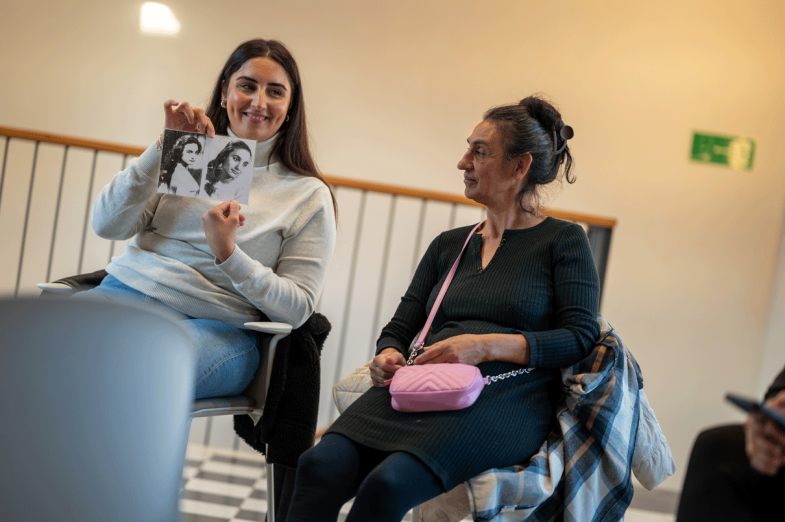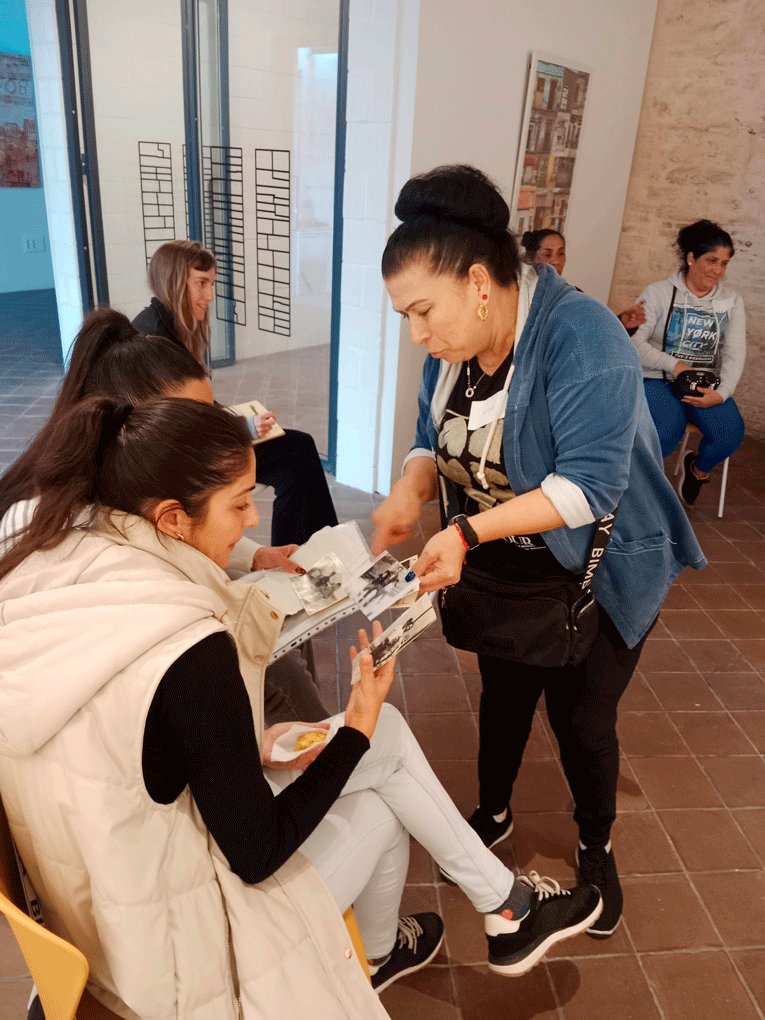Discovering walls, is the result of the artistic-therapeutic project Re-Creating identity, conceived and carried out by Albert Fernández and Mónica Cases in collaboration with L'ETNO and the Mental Health Hospital of the Diputación de Valencia. Aimed at people diagnosed with mental health, the works on display come from several sessions with a similar structure: a visit to the permanent exhibition, where generic concepts that define and identify us as a group are extracted and analyzed, and the creation of debates and experiences that promote reflection and knowledge of individual identity.
The work of approaching the concept of identity -the fundamental subject of study of anthropology- and the discovery of the factors and walls that have intervened in the processes of individual and collective construction, has favored the knowledge of the “I” and of one's own real identity by each of the participants.
As a paradigm of the rapprochement between culture and mental health, L'ETNO, in dialogue with the space that made its conception possible, presents Discovering Walls with the ultimate purpose of demonstrating: the ability to express and represent, through art, the museum's commitment to inclusivity and collaboration between two fields (heritage and health) for the benefit of the well-being of the whole collective and society as a whole.
Where does Discovering Walls come from?
From an institutional perspective, L'ETNO aims, and has been aiming for years, to bring the fields of heritage and health closer together through the construction of collaborative spaces and projects that promote social welfare.
The interest in the implementation of social actions and projects is justifiable from a double perspective: that of its typology, since the complex process of creation and change of cultural identity is a subject of fundamental study of anthropology, and that of a public social museum that transgresses its physical barriers or walls and is concerned with, and does its best to solve, the needs of its environment.
In this context, and through the Re-Creating Identity project, the present intervention arises. Discovering walls is just a physical sample of the multiple workshops carried out during the activity; a look at the creative process with which Albert Fernández and Mónica Cases, during their visit to the exhibition It's not easy to be Valencian, have worked on the construction of the identity of people diagnosed with mental health.
The project, based on a reflective, dialogic, artistic and creative methodology, has addressed: the nature of emotions and their management, the process of socialization within the group, the construction of the “I” and, above all, the identity or personal milestones that determine who and why we are or why we act in a certain way.
